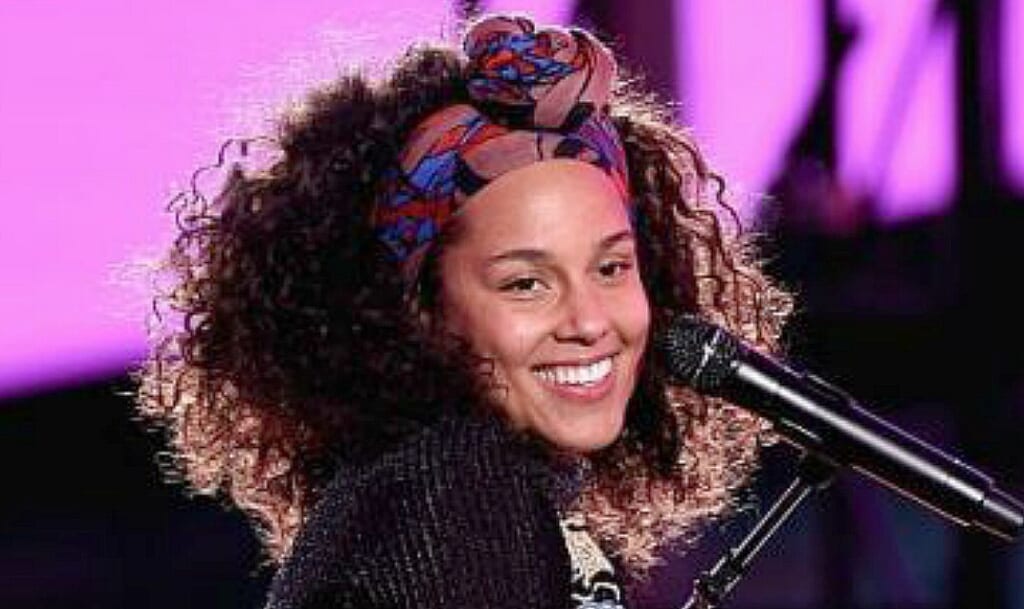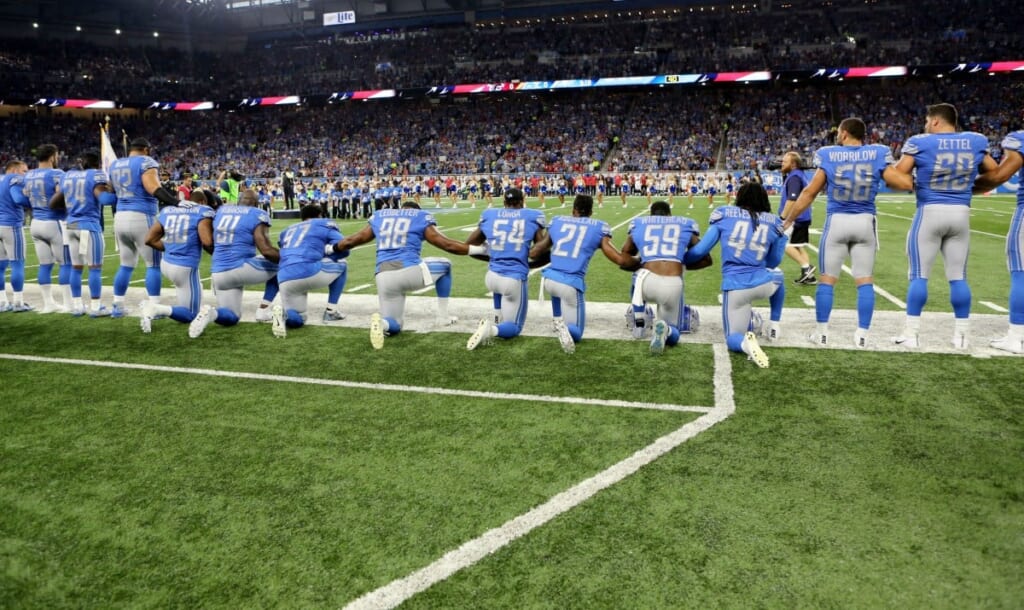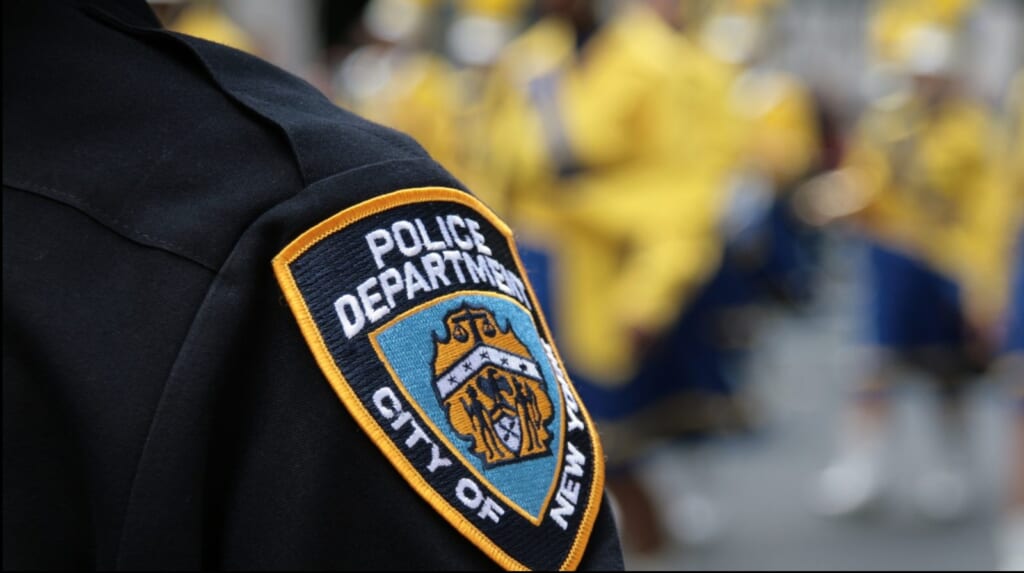Maïmouna Doucouré said the poster released by the streaming giant was ‘not representative of the film.’
Filmmaker Maïmouna Doucouré has responded to the controversy surrounding her French film Cuties, and the death threats she’s receiving over the coming-of-age drama.
The story centers on 11-year-old Senegalese immigrant Amy (Fathia Youssouf), who is living in Paris and finds escape from her conservative Muslim upbringing by joining a dance group that wants to go viral on the internet.
The poster Netflix chose to announce the film’s U.S. release back in August finds the young stars in suggestive costumes and provocative poses. The imagery sparked immediate backlash, The Huffington Post reports.
Read More: Netflix to debut heartbreaking doc ‘A Love Song for Latasha’
Doucouré has received death threats over the poster, with many accusing her of promoting child pedophilia and sexualizing underage girls. Check out the poster below.
The French version of the poster shows the prepubescent protagonists having fun, while the Netflix poster has sparked a campaign on social media calling for the removal of the film from the streaming platform.
Doucouré said she intended to make a provocative film about the negative impact of pop culture imagery on children. She called Cuties the “story of many children who have to navigate between a liberal western culture and a conservative culture at home.”
“I wrote this film after I spent a year and a half interviewing pre-adolescent girls, trying to understand their notion of what femininity was, and how social media was affecting this idea,” Doucouré told Deadline.
“The main message of the film is that these young girls should have the time to be children, to enjoy their childhood, and have the time to choose who they want to be when they are adults. You have a choice, you can navigate between these cultures and choose from the elements of both, to develop into your own self, despite what social media dictates in our society.”
Doucouré said the poster Netflix released in August to promote Cuties was “not representative of the film.” She received a formal apology from Co-CEO Ted Sarandos for its choice of marketing.
“We had several discussions back and forth after this happened. Netflix apologized publicly, and also personally to me,” Doucouré shared.
But the damage has already been done.
Petitions are calling for the film’s removal from Netflix, describing it as “child pornography,” and #CancelNetflix trended on social media a day after the film’s release on Sept. 9.
“I received numerous attacks on my character from people who had not seen the film, who thought I was actually making a film that was apologetic about hypersexualization of children,” Doucouré said. “I also received numerous death threats.”
A recent review by The New Yorker suggested the film is the target of a “right-wing campaign.”
“The subject of ‘Cuties’ isn’t twerking; it’s children, especially poor and nonwhite children, who are deprived of the resources — the education, the emotional support, the open family discussion — to put sexualized media and pop culture into perspective,” wrote reviewer Richard Brody.
Cuties has been praised by film critics and it earned Doucouré an award for directing at the Sundance Film Festival in January.
Have you subscribed to theGrio’s podcast “Dear Culture”? Download our newest episodes now!
The post ‘Cuties’ director received death threats after Netflix marketing campaign appeared first on TheGrio.
from TheGrio https://ift.tt/3kaeX03
via Gabe's Musing's






